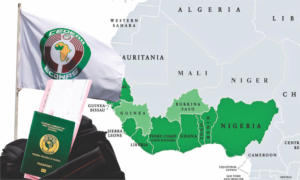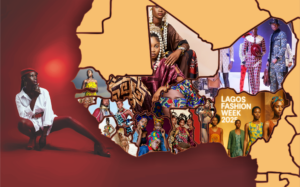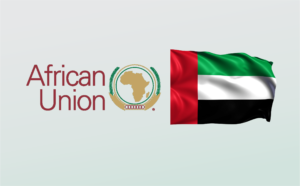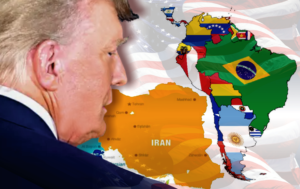African Leaders and Global Partners Unite in Luanda to Chart a New Course for Infrastructure Financing
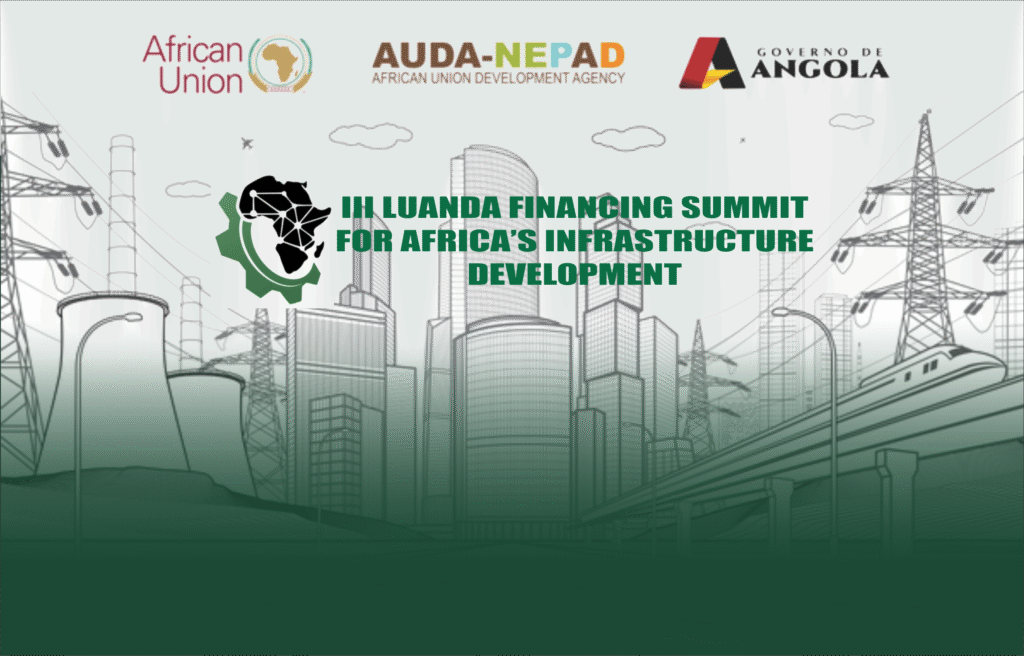
Luanda, Angola, October 31, 2025 – The 3rd Summit on Financing Infrastructure in Africa, held from October 28–30 in Luanda, concluded with a resounding call for greater cooperation and innovative financing to accelerate Africa’s infrastructural transformation. The three-day high-level event brought together heads of state, investors, financial institutions, business associations, academics and multilateral organizations from across Africa and Europe, highlighting the continent’s urgent need to close its infrastructure gap through sustainable and inclusive partnerships.
At the heart of the summit was a shared vision: to mobilize funding for critical sectors including energy, transport, water, communications and technological innovation. With infrastructure seen as the backbone of Africa’s development, leaders agreed that new models of public-private collaboration, blended finance and local capital market development are essential to drive progress. Posting a continent in transition.
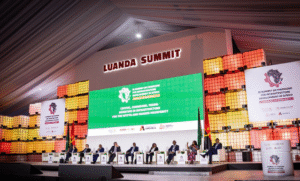
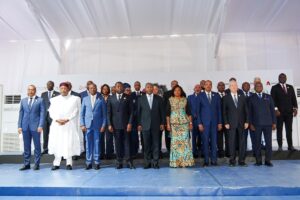
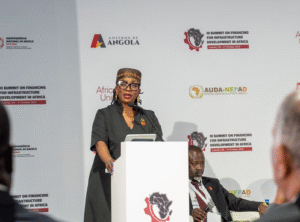
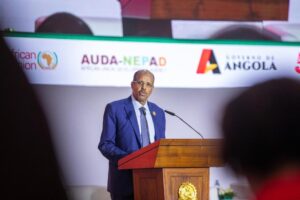
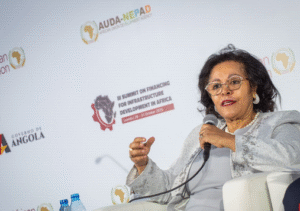
Beyond the economics, the conversations in Luanda reflected the human and cultural dimensions of Africa’s development story. Improved transport networks promise to reunite families separated by poor road systems; reliable energy access is expected to power schools, clinics and small enterprises; and digital connectivity could empower millions of young Africans to participate in the global economy.
Many delegates perceive the discussions as one that carried personal significance. This summit wasn’t only about numbers and projects. It featured the essence of African dignity, opportunities, and the kind of future we want African children to inherit. Business and political implications were surgically reviewed critically.
From a business standpoint, the summit signaled a growing confidence in Africa’s potential as a destination for investment. European and African investors explored project pipelines worth billions of dollars, particularly in renewable energy and cross-border transport corridors. The focus on sustainable financing models also highlighted a shift toward long-term value creation rather than short-term profit.
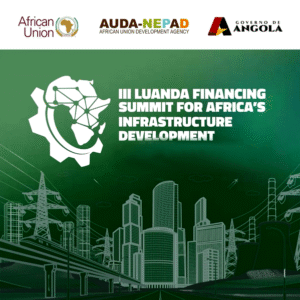
Politically, the event reinforced Angola’s emergence as a diplomatic and economic bridge between Lusophone Africa and Europe. It also reflected Africa’s broader determination to assert ownership over its developmental agenda, emphasizing African-led solutions and continental integration under the African Continental Free Trade Area (AfCFTA).
The social and domestic impact was not exempted. Communally, the implications of the summit’s outcomes could be transformative. Access to clean water and energy would not only ease daily burdens on families, especially women and children, but also unlock productivity across communities. The ripple effects on education, healthcare, and youth employment are profound, suggesting that infrastructure investment is as much about human development as it is about concrete and steel.
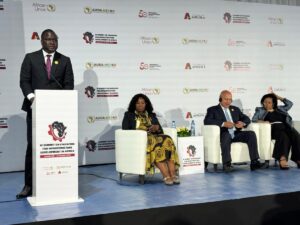
As the summit closed, participants reaffirmed their commitment to continue dialogue and translate pledges into projects. Yet, winging-in observations are anchoring caution on the fact that success will depend on governance reforms, transparency, accountability and the ability to align national priorities with regional goals.
In the words of one the participated representatives, “Infrastructure is the artery of Africa’s future, but it must be built with inclusivity, accountability, and a vision for the generations to come.”
The Luanda summit may have ended, but its echoes spanning economics, politics and the human domestic development, signal a pivotal moment in Africa’s pursuit of sustainable transformation.


